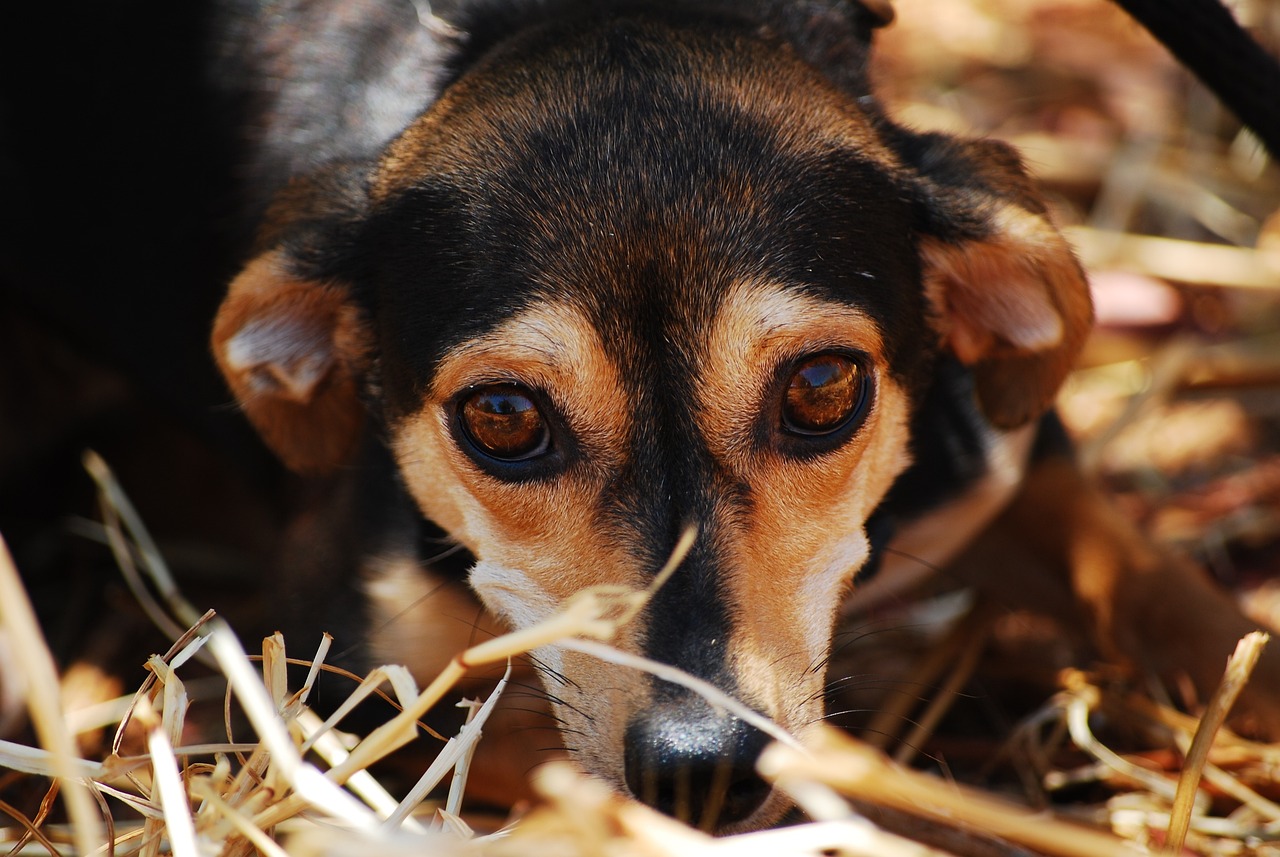If you want to adopt a shelter dog, then you need to know more about its history, so you can provide better conditions and help.
Shelter workers often tell their visitors about different pets' stories, but sometimes they don't know what happened to their dogs - so what to do?
Here are a few signs that a dog was abused by her previous owners.
Fear and Anxiety
Abused dogs often exhibit heightened anxiety and fear, especially when around people.
They may tremble, pant excessively, or exhibit signs of extreme stress.

Aggression or Defensive Behavior
Some abused dogs might display aggression as a way to protect themselves or cope with past mistreatment.
They may growl, bare their teeth, or even snap at people or other animals.
Cowering or Crouching
These dogs might cower, hunch down, or flatten themselves to the ground when approached, as they have learned to associate people with harm.
Avoidance and Hiding
Abused dogs tend to avoid eye contact and may hide in corners, under furniture, or in sheltered areas to escape from potentially threatening situations.
Startling Easily
Sudden movements or loud noises can cause them to startle, as they've experienced trauma in the past.
Unusual Behaviors
They may engage in repetitive or self-soothing behaviors like excessive licking, chewing their paws, or tail chasing.
Territorial or Possessive Behavior
Some abused dogs can display territorial aggression or excessive possessiveness over food, toys, or their living space.
Conclusion
It's crucial to understand that abused dogs can recover with patience, love, and consistent positive reinforcement training.
If you plan to adopt an abused dog, seek the advice of a professional dog trainer or behaviorist to help them regain confidence and heal from their past experiences.









